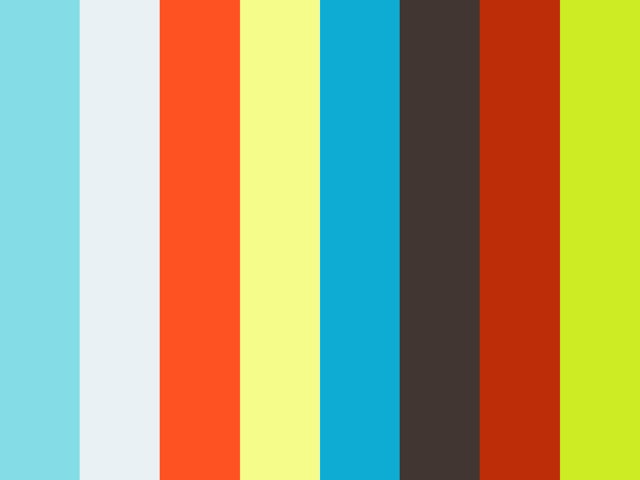Week 1
It hasn't even been a full week and already how I think about film and myself as a filmmaker has changed.
Before arriving in San Francisco, Cameo and Connie Jo gave my fellow interns and me a list of required reading. One of the books, Judith Weston's Directing Actors, has completely changed my approach to how I want to work with actors. This book essentially told me every method I had previously used for directing actors was wrong. My mind was blown even for small tips like; don't watch your actor's performance through the camera monitor; you won't be able to tell if their acting is genuine until you're watching it in the editing room. In all my films, I've only ever watched my actors perform through the camera monitor. Huge mistake.
I'm eager to shoot my film and work with actors during week four, so I can apply the new knowledge Directing Actors gave me. But none of that can happen until I finish my script, and fully flesh it out.
Writing my script while watching Mira Nair's MasterClass has equally changed my perspective on the writing process. In the past I've often written scripts with the eyes of a director, having camera shots in mind for every line I wrote. Mira Nair says writing and directing are two different hats you wear. As I write my script, I try to keep my directors brain out of it. Once I've finished the writing and editing period, I will put on my directing cap and read the script as if I'm hearing it for the first time. I want my director's brain to look at the dialogue and see a different story than my writing brain had intended. I've realized that a big part of being a director is that you can make a good story in spite of the script. Understanding this makes it easier to write a screenplay because it isn't the final version of the story. My experience at Baycats this past Saturday with my fellow interns, made me realize that the story won't stop changing until I export it from Premiere.
For backstory, Cameo and Connie Jo took us to Baycats for a workshop on filming with your iPhone. During this workshop, we got a chance to play with iPhone equipment like gimbals and different lenses that made our films look professional. I was reminded that you don't need fancy camera equipment to make a film because IPhones are magical.
Our day ended with us taking the footage from the short movie we made and editing it how we wanted. This part was probably the most fascinating because from the limited footage we had shot, it seemed everyone had created an entirely different film. We had all shot the same thing, but most of the final edits weren't even in a similar genre because of the various uses of color grading, music, and cuts.
As I finalize my script, I keep in mind it will continue to change. I'm someone who has a difficult time settling on an idea, so it's nice to know that if the last minute I want to change the mood of my story, I can make that happen in Premiere.
Here's an unedited video clip from the work we did at Baycat. I got to act!
https://vimeo.com/383405880




